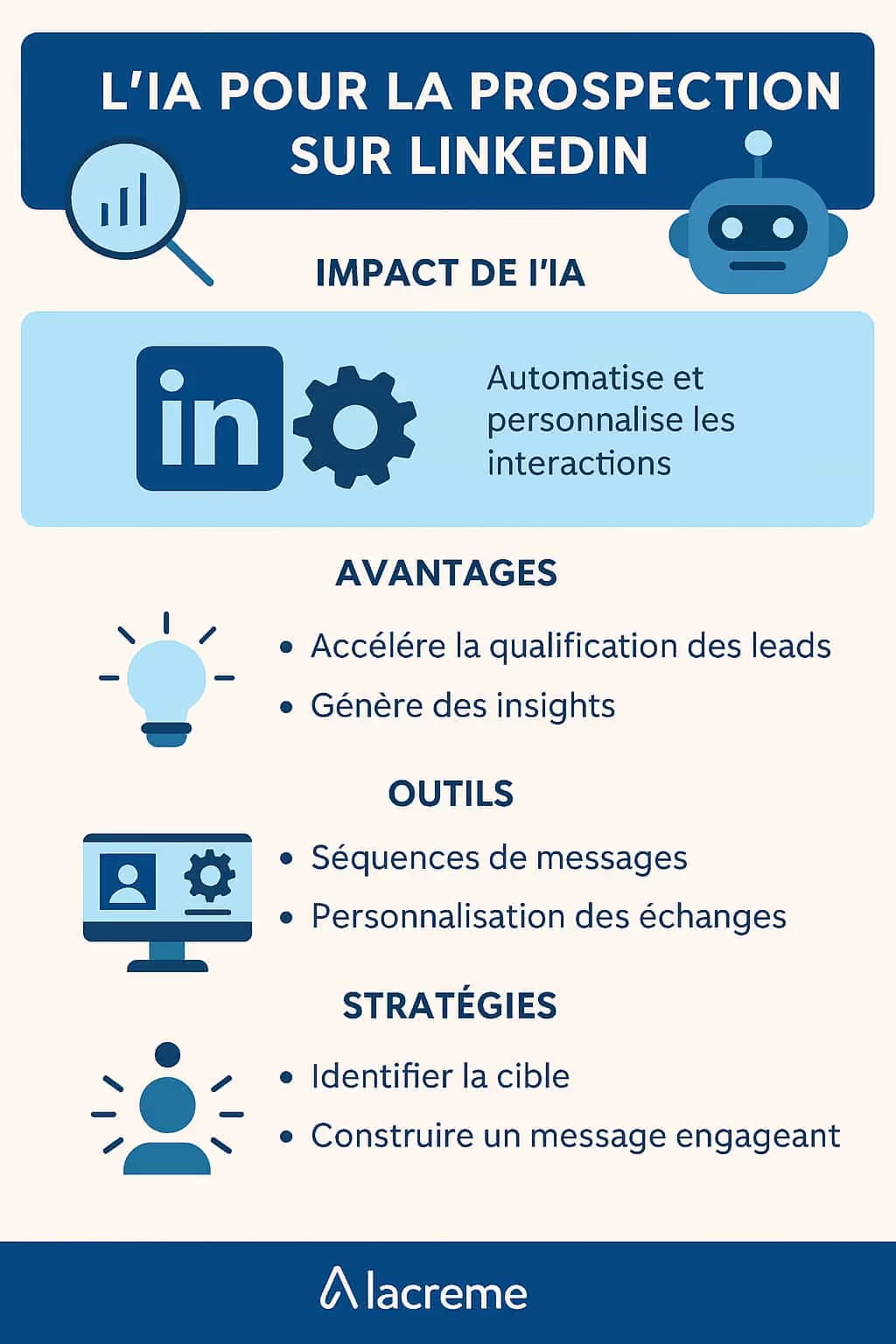The fundamentals of Artificial Intelligence in Legal Advice
Role and impact of AI on the legal sector
The arrival ofartificial intelligence (AI) in the field of legal advice is a real revolution. AI offers tools that can quickly analyze large volumes of legal data, allowing lawyers to focus on advocacy strategies and on personalizing client advice. In addition, it facilitates access to information, contributing to a more democratized service and often at reduced costs, by streamlining processes that were once entirely manual and time-consuming.
Essential definitions and key concepts in AI
AI refers to systems or machines that mimic human intelligence to perform tasks and can improve iteratively based on the information they collect. In the legal sector, this includes natural language processing to understand and classify legal documents, machine learning to predict trial outcomes, and the automation of repetitive administrative tasks such as case management and billing.
Adoption and Application of AI in Legal Services
Evolution of the use of AI by lawyers and legal departments
The use of AI by legal professionals has grown significantly over the past few years. Solutions such as electronic document management, automated legal research, and the prediction of judicial results are increasingly being implemented in law firms. The adoption of these technologies not only saves considerable time but also allows for greater precision and analysis of the cases treated.
Practical examples: where and how AI is transforming legal advice
For example, legal research platforms powered by AI can process thousands of cases and legal documents to provide relevant and accurate answers to complex legal questions. Tools such as ROSS Intelligence, LegalRobot, or Luminance offer these services. On the other hand, predictive analysis software such as Lex Machina makes it possible to assess the chances of success of a case based on the history of judicial decisions.
Regulatory Aspects of AI in Legal Environments
AI and compliance: what law firms should take care of
Law firms that implement AI systems must be vigilant about complying with data protection and privacy regulations, including the General Data Protection Regulation (GDPR) within the European Union. They must also ensure the transparency of the algorithms used and their non-bias to protect themselves against possible allegations of discrimination or injustice.
The European and national legislative framework governing AI in the legal field
The European Union is at the forefront of establishing a legislative framework for AI, including proposals for regulations to establish ethical and security standards for AI systems. At the national level, countries are adapting their legislation in order to regulate the use of AI while promoting innovation. These laws cover aspects of responsibility, intellectual property, transparency and data protection.
The Future of AI in Optimizing Legal Advice
The latest AI innovations for legal professionals
Recent innovations in AI for the legal sector include the development of legal chatbots capable of providing initial consultative assistance, or “contract analytics” tools that facilitate the analysis and negotiation of complex contracts. Blockchain technology is also beginning to be used for the certification and traceability of legal documents.
What is the future for the relationship between AI and the legal field?
The future promises closer collaboration between legal professionals and AI. We expect to see an AI that is more and more efficient, capable of managing highly complex tasks and helping with decision-making. However, this future will depend on the ability of the legal sector to appropriately integrate AI, taking into account ethical and regulatory implications.
Implement Artificial Intelligence in your Legal Structure
Tips for effectively implementing AI solutions
To effectively integrate AI, it is essential to clearly define the objectives, select the right tools and to train employees in how to use them. Collaboration with experts in AI and technology law is also recommended to navigate technical and regulatory challenges. It is important to have a gradual approach and to regularly measure the impact of the solutions put in place.
Case study: successes and pitfalls of integrating AI into legal advice
The case studies demonstrate the competitive advantages obtained by firms that have been able to integrate AI. For example, the use ofpredictive tools has allowed some firms to position themselves advantageously in the field of litigation. However, integration hastily or without a clear strategy also led to failures, where tools were not used to their full potential or were incompatible with existing workflows. This article is just an overview of the broad field of integrating AI into legal advisory services. As technology continues to evolve, legal professionals need to stay informed and adaptive to take full advantage of the benefits that AI can offer while navigating the legal and ethical challenges associated with its use.






